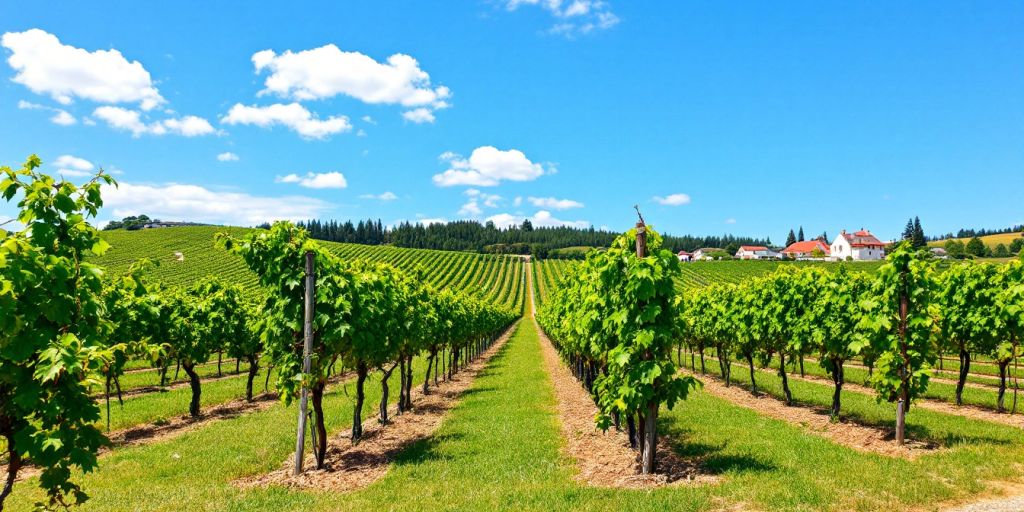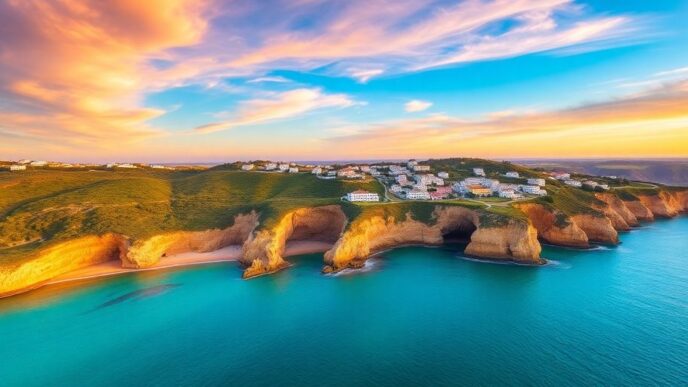Wine tourism in Portugal is experiencing a significant surge, particularly among younger generations seeking unique and immersive travel experiences. As the world emerges from the pandemic, travelers are increasingly drawn to destinations that offer cultural engagement, hands-on learning, and the opportunity to connect with local traditions. Portugal, with its stunning wine regions and rich heritage, is becoming a top choice for wine enthusiasts and casual travelers alike.
The pandemic has reshaped travel preferences, leading to a growing interest in wine tourism. This trend is particularly appealing to younger travelers who prioritize experiences over material possessions. Wine tourism offers a blend of adventure, education, and cultural immersion, making it an attractive option for those looking to explore new destinations.
Portugal stands out as a prime location for wine tourism, boasting breathtaking landscapes in regions like the Douro Valley, Alentejo, and Vinho Verde. These areas not only offer stunning views but also affordable wine options, making them accessible to a broader audience.
The Experiences At Wineries
Wineries in Portugal are adapting to the rising demand for wine tourism by creating packages that combine local traditions with engaging activities. For instance, the Torre de Palma Wine Hotel in Alentejo provides guided tastings led by knowledgeable winemakers. Visitors can learn about the country’s diverse wine heritage, which includes 14 distinct wine regions and over 200 native grape varieties.
These immersive experiences allow visitors to connect with the local culture and create lasting memories, making their visit more than just a typical wine purchase.
The rise of wine tourism has significant implications for wineries, particularly in terms of brand awareness and customer loyalty. Establishments like Torre de Palma have noted a direct correlation between guest experiences and increased brand recognition. Visitors who engage with the winery and its story are more likely to develop a connection with the brand, often taking home bottles as souvenirs to share with friends and family.
Wine tourism in Portugal is not just a passing trend; it represents a shift in how younger generations approach travel. By offering unique, hands-on experiences that emphasize education and sustainability, wineries are creating lasting relationships with visitors. As this sector continues to grow, Portugal is poised to remain a top destination for wine lovers and adventurous travelers alike.













